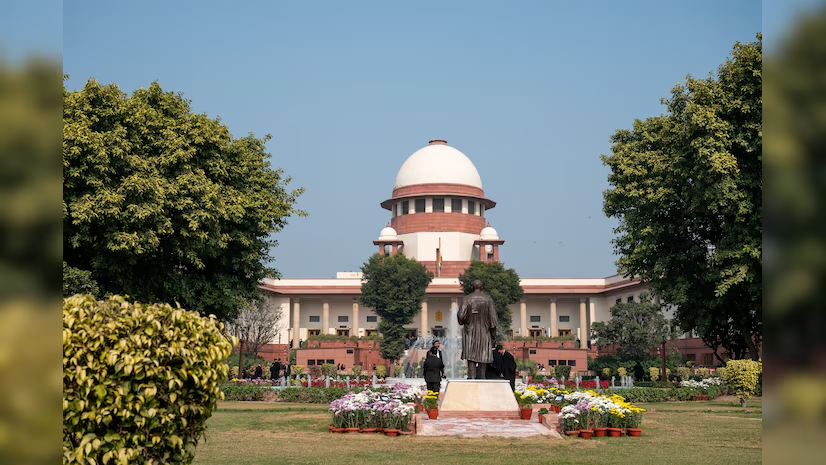- Courses
- GS Full Course 1 Year
- GS Full Course 2 Year
- GS Full Course 3 Year
- GS Full Course Till Selection
- Online Program
- GS Recorded Course
- NCERT (Recorded 500+ Hours)
- Polity Recorded Course
- Geography Recorded Course
- Economy Recorded Course
- AMAC Recorded Course
- Modern India, Post Independence & World History
- Environment Recoded Course
- Governance Recoded Course
- Science & Tech. Recoded Course
- International Relations and Internal Security Recorded Course
- Disaster Management Module Course
- Ethics Recoded Course
- Essay Recoded Course
- Current Affairs Recoded Course
- CSAT
- 5 LAYERED ARJUNA Mentorship
- Public Administration Optional
- ABOUT US
- OUR TOPPERS
- TEST SERIES
- FREE STUDY MATERIAL
- VIDEOS
- CONTACT US
Social Media Influencer Dies by Suicide After Losing Followers
Social Media Influencer Dies by Suicide After Losing Followers
06-05-2025

Misha Agrawal, a popular Instagram influencer, tragically took her own life due to emotional distress caused by a decline in her follower count.
Importance of Influencers' Mental Health
- The global influencer industry is valued at $13.6 billion, according to a UK House of Commons report.
- Influencers play a significant role in shaping trends, opinions, and behavior, especially among the youth, often becoming role models.
- Despite the growing awareness of social media's impact on young users, the mental health struggles of influencers remain largely overlooked.
Why Social Media Influencers Face Mental Health Challenges
- Disconnection Between Real and Virtual Life: Influencers may appear to lead glamorous lives with gifts, sponsored trips, and fame. However, the reality involves constant posting, engagement, and performance, resulting in burnout, privacy loss, and anxiety.
- Pressure for Validation and Online Scrutiny: Influencers face immense pressure to gather likes, comments, and followers. Their self-worth often becomes tied to online popularity, and negative feedback such as trolling and abuse can cause severe emotional distress.
- Toxic Comparisons: Influencers are constantly exposed to edited, curated content, which can trigger harmful comparisons about lifestyle, success, and relationships. This has been linked to higher levels of depression and anxiety, both for influencers and their audiences.
- Stigma Surrounding Their Profession: Many influencers report being dismissed or judged due to the perceived unserious nature of their career, which exacerbates their mental health struggles.




